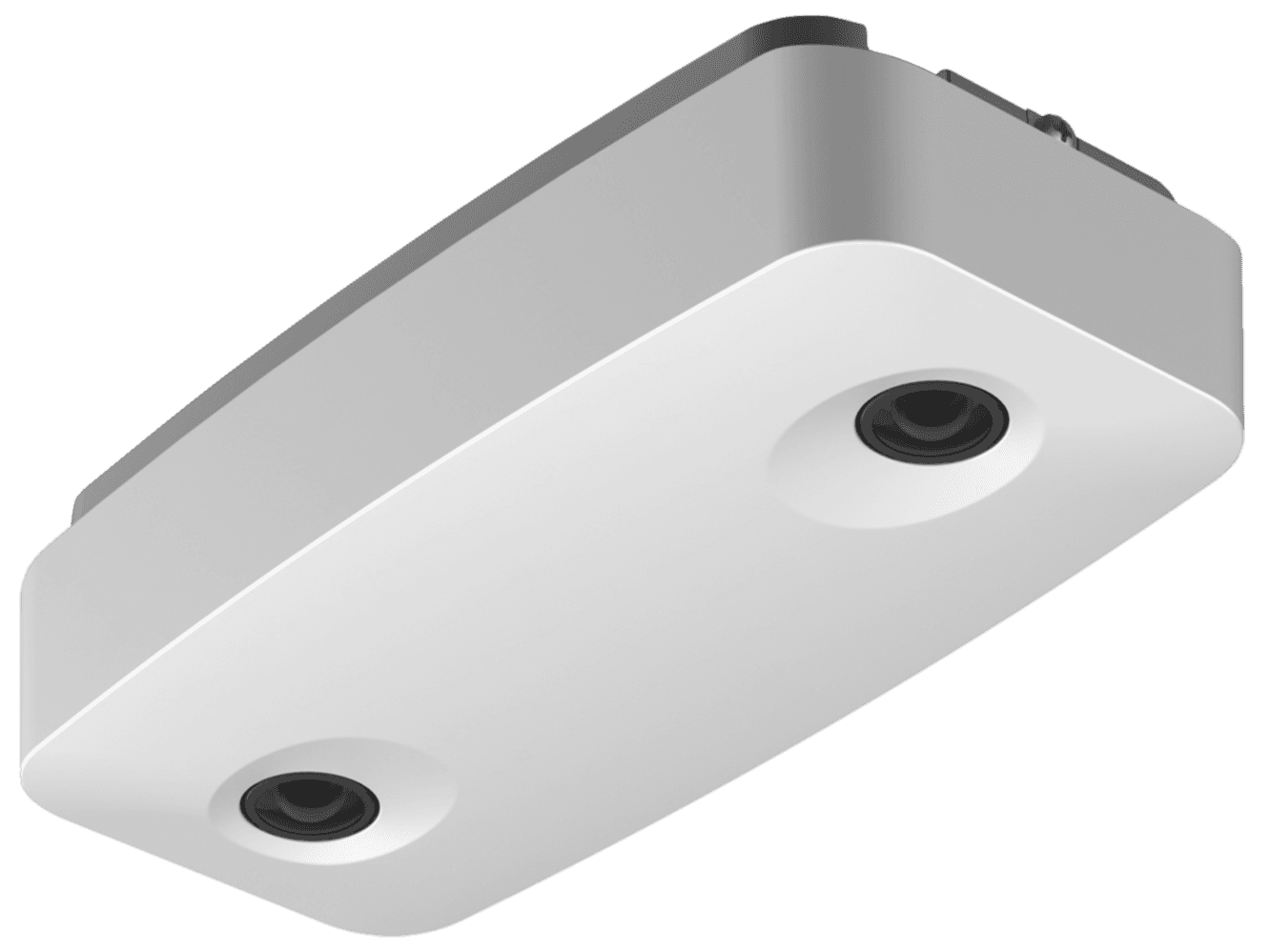Leadership Goals For The Successful Retailer

On this page
Leading a retail brand is a challenging and tricky job that requires a great degree of organization, management, and consistency, similar to many leadership positions. A retail store, whether it operates online, offline, or in both mediums, is comprised of three separate factors: executives (founders, co-founders, retail managers), a team of employees, and customers. Each component is dependent on the others, so prioritizing one over another wouldn't bring any further success than what has already been achieved.
As a leader, your primary task is to establish the direction of your company. This means visualizing and planning your company's goals and establishing the main priorities for you and your direct reports. Once you have managed to set these objectives, you can then focus on displaying your vision to the rest of your team, helping them understand and align with it. If you succeed, your retail store will start following the path that you have paved.
Choosing the right goals for your retail company is key to achieving significant success. In this blog, I will discuss the main goals you should set in order to become a successful retail leader and manager.
READ MORE: Recognizing The Value Of Shopper Journey Analysis In Stores
1. Lead By Example
As a retail manager, one of your initial leadership goals should be to lead by example. This means demonstrating to everyone what and how things should be done. You should take the initiative and exhibit the quality standards that you expect from your employees. In simpler terms, you need to become a role model. To achieve this, you must constantly invest in your knowledge, skills, and experience. If you want to be a great retail manager and leader, your personal growth and development are vital.
If you are confident in your leadership traits, it's recommended to show and not tell. You should demonstrate your dedication to the company's culture, mission, and objectives, and your team will follow suit. By being present, committed, and consistent, you'll quickly become a role model for your team. For instance, if you dislike late arrivals, always be the first to show up at meetings and avoid being late. However, when mistakes are made, you should set compassion aside and act accordingly. Every team requires a strong and decisive leader, so if the rules are not followed, consequences must be applied almost always.
2. Establish Your Company's Standards And Objectives
It's important for executives and managers to set and establish standards and expectations for their company. Before hiring new employees, they must ensure they are capable of meeting these standards.
In retail, customer relationships and sales are the primary objectives for success. To achieve this, the team must work together in an organized manner. Targets must be established to keep everyone focused on the same goals.
To accomplish this, specific standards, requirements, rules or achievements should be set that must be met each month. There are several possible objectives that can be met, including improving the store layout, enhancing the shopper's experience, developing specialized and branded products, setting up communication channels for customers to interact with the brand, implementing an automated personalization shipping system, improving the brand's social media presence, analyzing and leveraging customer data to increase sales, and implementing chatbots to enhance the customer support experience.
3. Know Your Team And Leverage It Properly
One critical goal for leaders in the retail industry is to have a better understanding of their employees. This includes acknowledging the strengths and opportunities of your team as a whole and leveraging the traits of each member. An effective strategy to achieve this goal is to organize various meetings that allow for more personal interaction with your employees.

It's widely acknowledged that building a specific rapport with each employee is the first key to managing them efficiently. By doing so, they will pay attention to your words and remain loyal and respectful to you. Another useful tactic is to ask for direct feedback from your employees through simple questions or organized surveys. Lastly, tracking the indirect feedback, such as the employee's results, can help you deduce things from there. The goal is to identify everyone's strengths, weaknesses, and interests, and align them properly with your long-term vision. The more your employees enjoy their work, the better they will perform.
4. Master The Art Of Outsourcing
Outsourcing can be a game-changer for corporate leaders in the retail industry. By leveraging external service providers, companies can reduce operational costs, access specialized skills, and stay agile in a dynamic market. This can ultimately contribute to the long-term success and sustainability of their businesses.
In the competitive retail industry where profit margins can be slim, outsourcing non-core functions such as IT support, customer service, or logistics can be particularly beneficial. By doing so, corporate leaders can redirect their focus and resources towards core business activities like product development, marketing, and customer experience, ultimately improving overall efficiency.
Outsourcing also provides flexibility in adapting to changing market conditions and demand fluctuations. Retail businesses often experience seasonal variations, and outsourcing allows them to scale operations up or down as needed without the burden of maintaining a large in-house workforce. Additionally, outsourcing can expedite the development and delivery of products or services, which is crucial in the fast-paced retail environment where being the first to market with a new product or service can provide a significant competitive advantage.
By outsourcing routine and time-consuming tasks, retail leaders can allocate more resources to innovation. This is important in retail, where staying ahead in terms of product innovation, marketing strategies, and technology adoption is key to remaining competitive. Ultimately, this culminates in an improved customer experience in stores and online!
5. Focus On Quality Over Quantity
One of the secrets to retail success is to prioritize quality over quantity if you want to thrive in the long-term. This applies to every aspect of your business, from selecting your employees to choosing the products you sell in your store.
For instance, as a grocery store owner, you may have to choose between offering a less expensive, less healthy product A or a more expensive but healthier product B. This is a difficult decision that requires you to prioritize branding over transactions. If you choose quantity over quality, you may be pursuing more transactions, but your short-term gains will not last. Eventually, customers will find a better quality-price balance and go elsewhere. On the other hand, if you offer quality products, your shoppers will not feel the need to seek an alternative.
Whether you run a discount store or a luxury retail mainstay, studying your competition, analyzing their strategy, and improving on it can help you succeed. If you cannot compete on quality with established players, branding and smart marketing can help. Start by defining your unique value proposition and focus on it as you move forward.
Key Leadership Takeaways
Leading your team towards high achievements can lead to various benefits, opportunities and long-term stability that other job roles may not offer. Therefore, it's important to raise your personal and professional standards, set clear leadership goals and work towards achieving them. Start now!
About the author:

Michael Gorman



